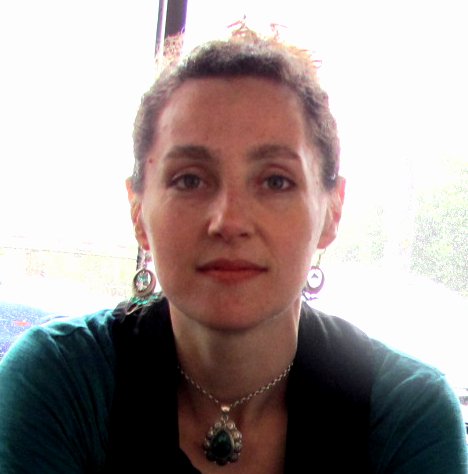Supervision
Individual Supervision and Support
Since 2002, I have been providing clinical supervision, support and debriefing to individuals. I provide these both face-to-face and online via video call. I am an Accredited Mental Health Social Worker with the Australian Association of Social Workers (AASW) and an Accredited Supervisor and Counsellor with the Australian Counselling Association (ACA). I provide supervision online to people throughout Australia and also face-to-face in Melbourne.
Philosophy/Way of working
Supporting workers and encouraging them to maintain good self care is crucial for them to provide competent, reflective and sensitive client-related work. An important focus of my supervision is to help workers develop the right balance between their own needs and those of their clients,. This enables sustainability in their work and supports their emotional capacity for reflective practice.
Clear and transparent communication is important to me and it is an essential element of good supervision. I work hard to build safe, supportive and collaborative relationships with my supervisees and I believe that open, reflective supervision work cannot take place without this.
When I provide supervision, I work from a broad range of theory bases and methods which include social work theories, family therapy, psychotherapy, supervision and debriefing theories.
Supervision and other support services focus on:- Improving the quality of service provision, through reflective practice and informal skills training
- Increasing worker/volunteer management of their stress and increasing their general well-being and morale.
Who purchases individual supervision?
Who has individual supervision?
Current supervisees come from a diverse range of training, work or volunteer experience. They include people who are trained to work in the social welfare area:
They also include workers and volunteers in non-welfare roles, who come into contact with people in the course of their work:
What does supervision look like?
Individual supervision sessions are tailored to meet the specific and individual needs of each supervisee and may change over time, as the needs of the supervisee change. This could include:
Online Supervision - meeting the needs of rural and remote workers as well as those who prefer not to travel
For workers in rural or remote locations or for those closer by, supervision can be provided online via video call or occasionally, telephone. This allows workers to access quality supervision and support in situations where long distances or a small community make a more local option difficult. For others, receiving supervision online, in their own office during work hours or out-of-hours while still at home, makes the process just a bit simpler. All other aspects of the supervision process are the same - online or face-to-face. (Online Supervision)
Melbourne metro individual supervisees
Workers living in Melbourne have the option of face-to-face individual supervision, which is provided at my consulting rooms in Malvern, Melbourne.
Supervision to organisations
Individual supervision may be provided face-to-face at the employing organisation’s premises (as negotiated and depending on distance), at private consulting rooms in Malvern, Melbourne or online via video call.
Group Supervision and Support
Group supervision and group debriefing sessions for organisations are generally provided on-site - within metropolitan Melbourne or within a reasonable commute of Melbourne.
Group supervision allows organisations to actively support and resource their valued staff or volunteers in a cost effective manner, increasing skill levels and staff morale and reducing worker burnout and staff turnover.
Group supervision sessions enable group members to:
Group supervision model
I have developed my own model for group supervision sessions. This model can be used whether the group is reflecting on individual cases studies, clinical/work related themes and dilemmas or working to improve staff well-being and worker sustainability.
This model of group supervision is collaborative in style, allowing a flow of ideas and reflections back and forth between the nominated presenter and other group members. The primary focus is on the group working together to develop a shared understanding of a clinical issue and then reflecting on it together, rather than on an individual presenting a perfect case study to the group. This model does not encourage significant formal preparation prior to a session. Rather, all participants come to sessions with a possible client or dilemma in mind for presentation and reflection and the group decides together who will present. This minimises the anxiety often associated with making formal case presentations in a group and also enables the reflective space rather than the case presentation itself to become the main task of the group.
A more detailed summary of my group supervision model can be found in the Resources section of this website, under Downloads.
Welfare organisations, volunteer based organisations and other organisations who are committed to supporting their staff can arrange regular group supervision sessions or an occasional debriefing and support session for their staff. Regular monthly sessions can resource staff members with new skills and assist staff members to feel supported. In addition, where there is a special need for staff to debrief after difficult situations, workers can do this with their group supervisor, someone they already know well and who knows them and how they work.
Who has group supervision?
Current supervisees come from a diverse range of training, work or volunteer experience. These include:
Workers or volunteers whose role involves contact with people:
What does it involve?
Group supervision is tailored to address the specific needs of the employing organisation and the individual members of the group. This could include:
Lisa Derham



